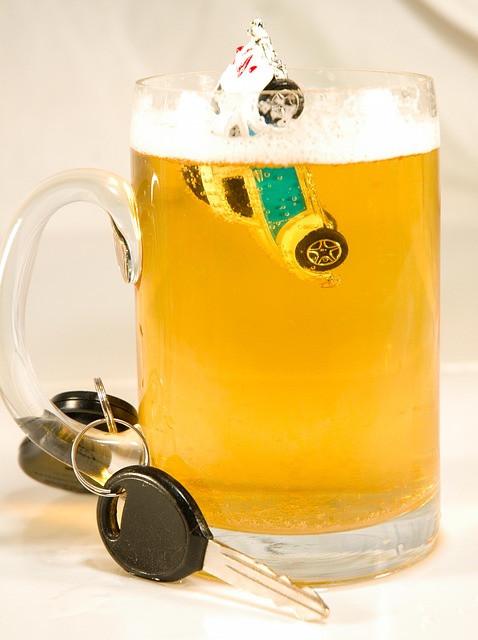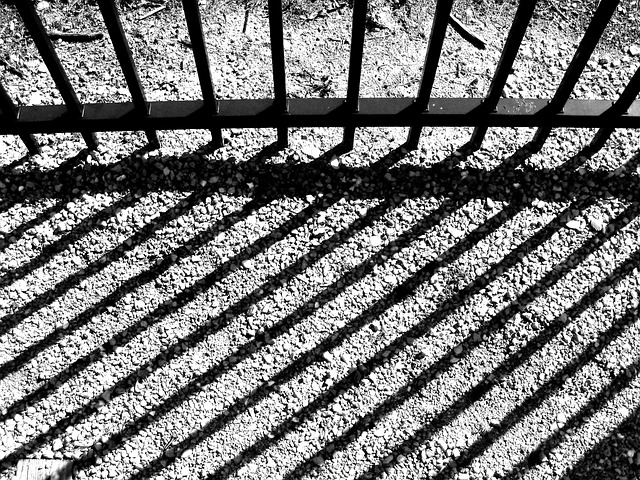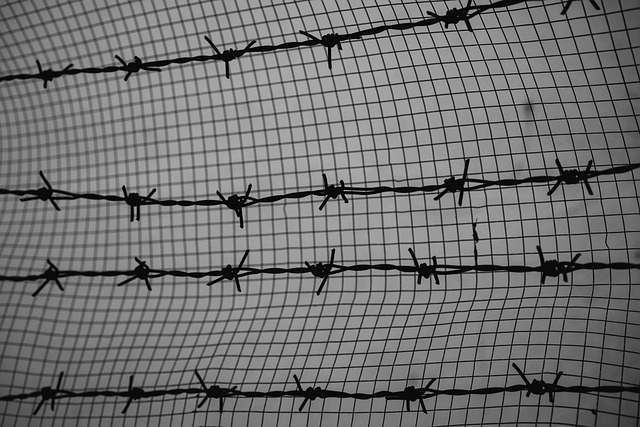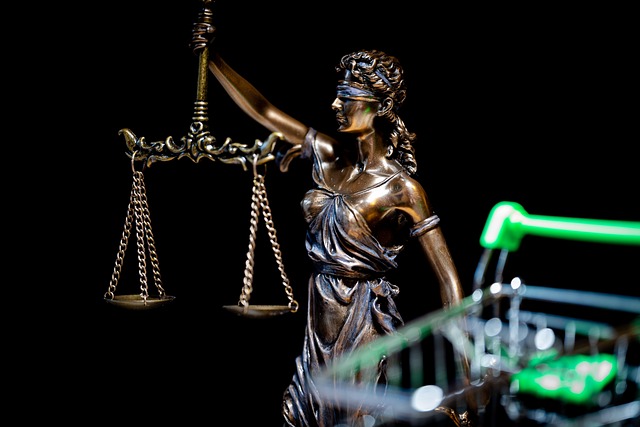Drunk driving causing property damage carries severe legal and financial consequences globally, including civil and criminal charges that can affect insurance rates, employment, and housing. While expunging a criminal record may be possible with certain conditions, such as no subsequent offenses, the impact of a DUI incident with damage often lingers. After a DUI arrest, managing property damage claims is crucial for mitigating legal and financial repercussions, especially when pursuing Criminal Record Expungement after DUI. This involves assessing damage, gathering evidence, communicating openly with insurance providers and victims, and cooperating in the claims process to demonstrate responsibility.
After a DUI arrest, navigating property damage liability can be overwhelming. This guide breaks down the complexities of understanding and managing your legal responsibilities. We explore critical aspects like criminal record expungement after DUI, outlining eligibility criteria and the process to clear your record. Additionally, we provide practical steps to mitigate and resolve property damage claims, ensuring you’re protected post-arrest. Get informed and take control with these essential insights into DUI liability management.
- Understanding Property Damage DUI Liability
- Criminal Record Expungement after DUI: Eligibility and Process
- Steps to Mitigate and Resolve Property Damage Claims Post-DUI Arrest
Understanding Property Damage DUI Liability

In many jurisdictions, property damage caused during a drunk driving incident can significantly impact an individual’s legal standing and financial situation. Property Damage DUI Liability refers to the legal responsibility borne by a driver who, while under the influence, causes harm to someone else’s property. This includes vehicles, buildings, or any other structures. The consequences of such incidents extend beyond personal injury claims; they also involve potential criminal charges and a lasting impact on one’s criminal record.
After a DUI arrest involving property damage, individuals often face both civil and criminal proceedings. While the criminal record expungement process can help clear certain offenses from one’s history, it is crucial to understand that a drunk driving incident with property damage typically leaves a mark. This can affect future insurance rates, employment prospects, and even housing options. Navigating these legal complexities requires careful consideration and, in many cases, professional guidance to mitigate the long-term effects of such an event.
Criminal Record Expungement after DUI: Eligibility and Process
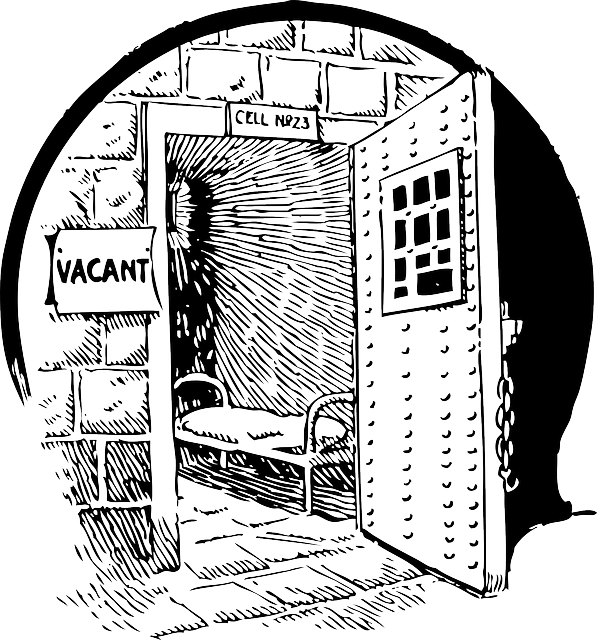
After a DUI (Driving Under the Influence) conviction, many individuals wonder about their eligibility for criminal record expungement and how to navigate the process. In some jurisdictions, certain conditions may allow for the potential expungement of a DUI-related criminal record. This is especially true if there have been no subsequent offenses or compliance with any court-ordered penalties, such as community service or substance abuse treatment.
The specific rules vary by location, but generally, those who successfully complete their probationary period and demonstrate good behavior may be eligible to apply for expungement. The process usually involves filing a petition with the court, providing documentation of completion of any required programs or penalties, and attending a hearing where a judge will decide on the request. It’s advisable to consult legal professionals specializing in DUI law to understand the unique requirements and increase the chances of a favorable outcome for criminal record expungement after a DUI offense.
Steps to Mitigate and Resolve Property Damage Claims Post-DUI Arrest

After a DUI arrest, managing property damage claims is crucial for mitigating potential legal and financial impacts, especially when seeking a criminal record expungement. The first step is to assess the damage and gather evidence. This includes taking photos of the affected property, documenting repair estimates, and collecting contact information from witnesses or bystanders who can attest to the circumstances leading up to the incident.
Next, communicate openly with insurance providers and victims. Inform your insurer about the situation, and cooperate fully during the claims process. Additionally, reach out to the property owner(s) or victim(s) to discuss potential reparations or settlement agreements. Prompt response and genuine efforts to resolve matters can demonstrate responsibility, which may positively influence expungement outcomes in subsequent legal proceedings related to your criminal record.
After a DUI arrest, managing property damage liability is crucial. Understanding your options, such as criminal record expungement after DUI, can significantly impact your future. By following the outlined steps to mitigate and resolve claims, you can navigate this challenging period more effectively. Remember, seeking legal guidance is essential for ensuring the best possible outcome in both property damage cases and expunging your criminal record post-DUI.


